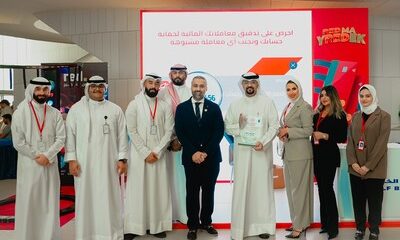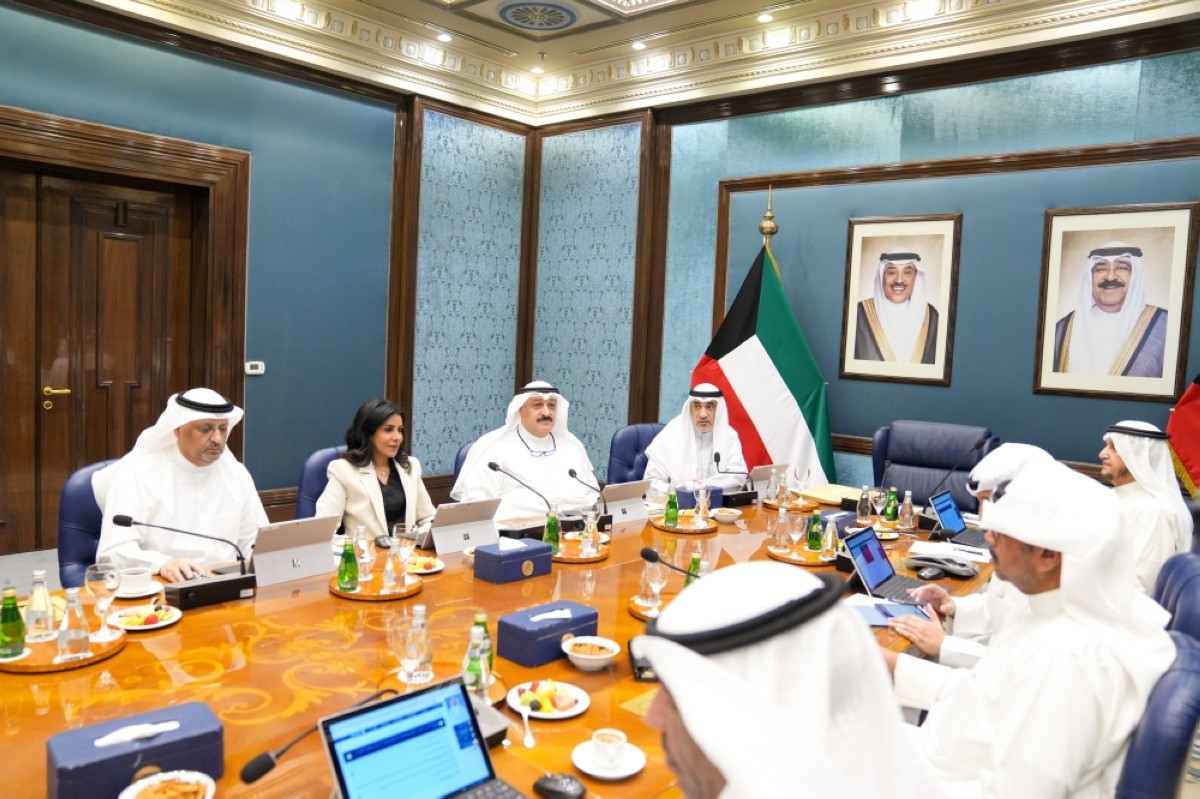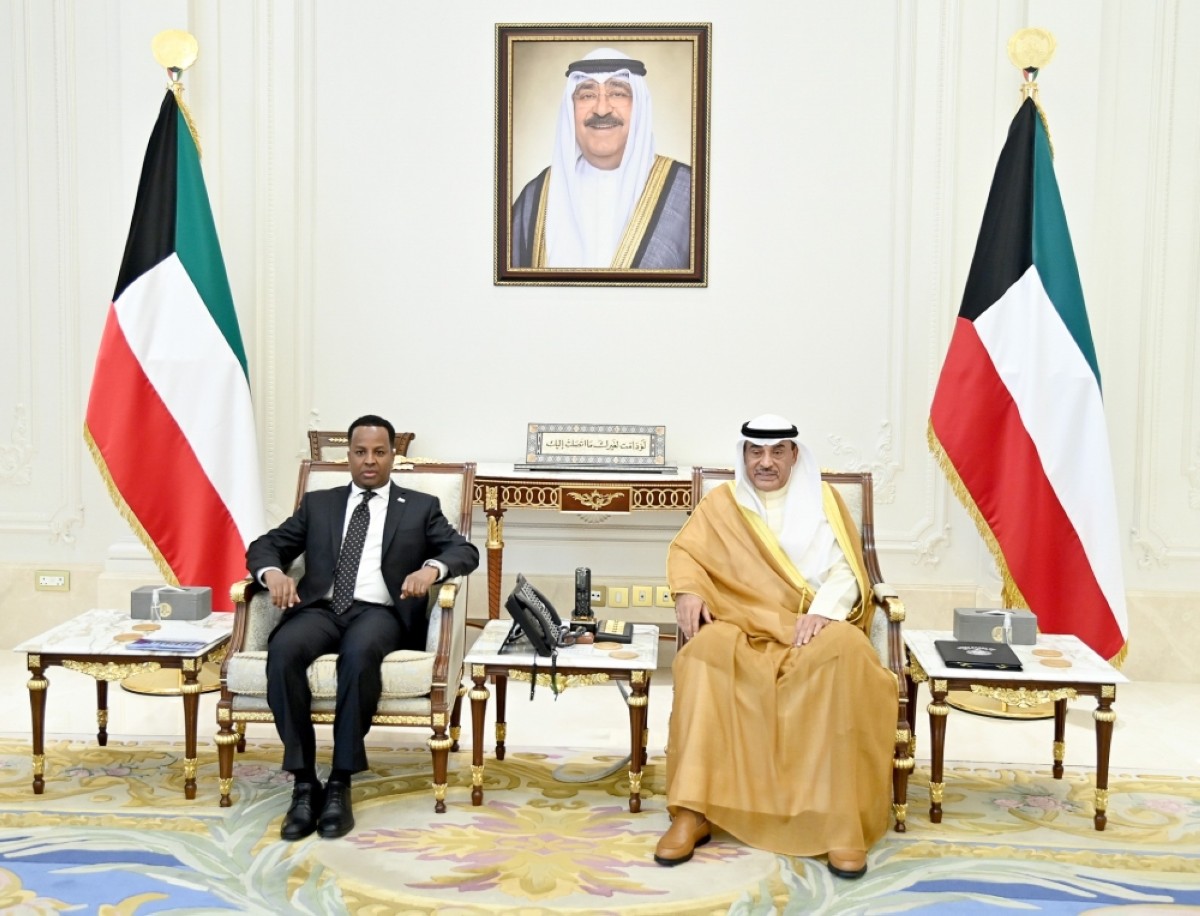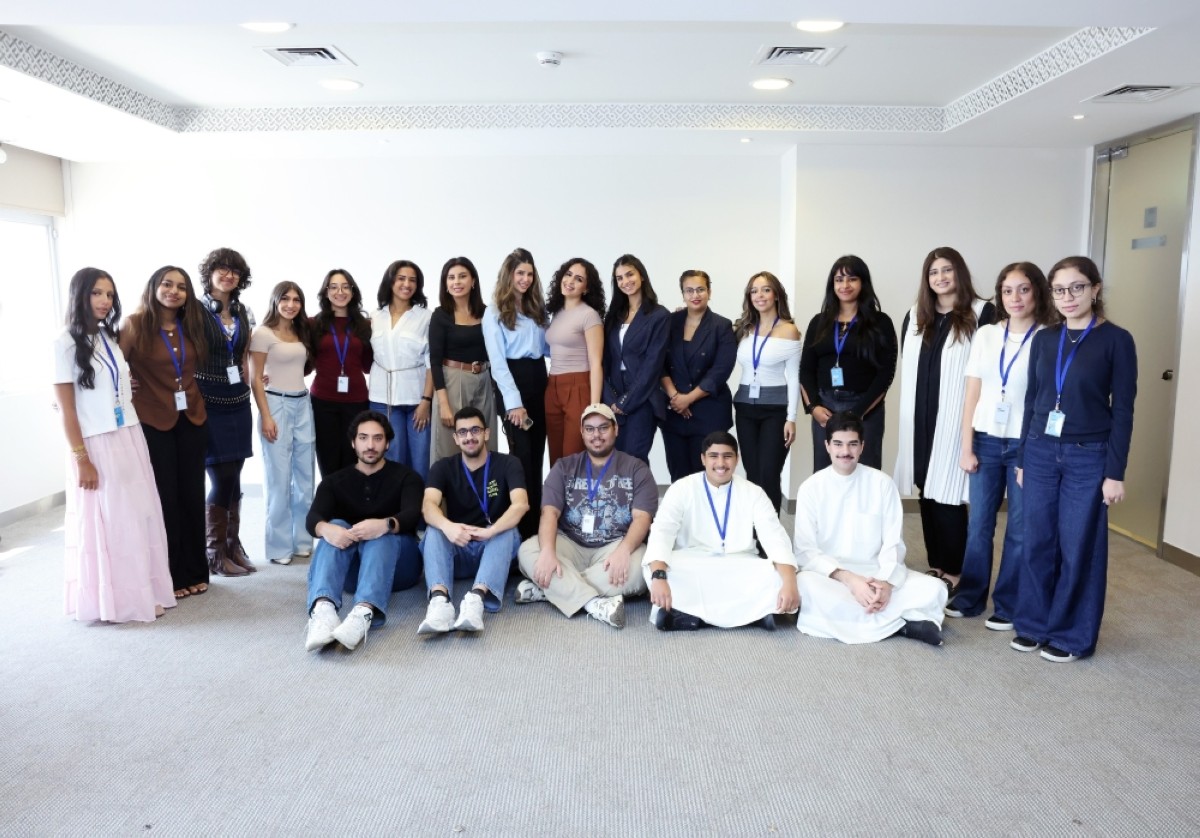KUWAIT: CODED Academy, the first programming academy in the Middle East, is pleased to announce the launch of the fifth edition of the “Kuwait Codes” initiative for 2025. This initiative aims to empower high school and ninth-grade students in Kuwait with programming and technology skills, in strategic partnership with Alghanim Industries, Kuwait Finance House, Zain, Agility, and Kuwait University — hosted by the College of Life Sciences.
Additionally, exclusive advertising sponsorship from Add Effect and exclusive media sponsorship from Kuwait Times and Kuwait News. In its fifth edition, “Kuwait Codes” continues its mission to equip students with essential foundations in modern programming languages and highly-demanded technological fields, including mobile app development, web development, cybersecurity, Python programming and more.
This education is provided entirely free of charge, reflecting CODED Academy’s commitment to supporting young national talent with practical tools that enhance their competitiveness in local and international job markets. Aligned with Kuwait Vision 2035, which seeks to position Kuwait as a leader in technology, this initiative provides students with opportunities to explore cutting-edge digital tools and participate in projects aligned with global advancements in innovation and technology.
Students will also engage in practical training programs and hands-on workshops that reinforce creativity and problem-solving skills effectively. Over the past four editions, “Kuwait Codes” has successfully trained over 3,600 students, enabling them to create innovative digital projects and build a vibrant community of young tech enthusiasts who exchange knowledge and experiences.
Strengthening partnerships
CODED Academy remains dedicated to expanding the reach of this initiative and strengthening partnerships with both public and private sectors, aiming to prepare generations capable of developing innovative solutions that drive economic growth and reinforce Kuwait’s position as a regional center for innovation and technology. In his statement at the press conference announcing the launch of Kuwait Codes 2025, Ahmad Marafi, Co-founder and CEO at CODED Academy, expressed: “We are delighted to launch the new edition of Kuwait Codes for 2025, especially after witnessing remarkable successes in previous years.
The passion and ambition of Kuwaiti youth have become clear, demonstrating how programming education can open new horizons and provide essential tools to thrive in the digital age. We look forward to outstanding participation this year and hope to see our youth continue excelling locally, regionally, and internationally.” Hussain Al-Qatari – PR Manager at Alghanim Industries said: “Our sponsorship of Kuwait Codes for the fourth consecutive year reflects Alghanim Industries’ firm commitment to empowering Kuwaiti youth.”
Meaningful innovation
By supporting the ‘Kuwait Codes’ initiative, we’re equipping young Kuwaitis with practical technology and AI skills essential for adapting to a rapidly evolving digital economy. We’re proud to help build a generation capable of meaningful innovation and positive impact.” Fahad Al-Saad, Senior Manager of Public Relations and Events at Kuwait Finance House, said: “We are delighted to participate in the launch of the fifth edition of the ‘Kuwait Codes’ initiative for 2025, as part of our strategic partnership with CODED Academy. This collaboration aligns closely with KFH’s strategic commitment to social responsibility, digital transformation, innovation and youth empowerment.
We particularly support initiatives focused on technology and programming, which allow youth to explore and develop their digital capabilities.” Al-Saad highlighted that the strategic partnership between Kuwait Finance House and CODED Academy dates back to 2018, emphasizing that through this partnership, the bank continues to reinforce its role in supporting Kuwaiti youth and the wider community, nurturing a new generation equipped with advanced programming and cybersecurity skills.
He further explained that KFH’s sponsorship of Kuwait’s largest cybersecurity competition, “Kuwait Hackathon,” in collaboration with the National Cybersecurity Center and CODED Academy, underscores the bank’s dedication to being a leading example in corporate social responsibility, supporting national initiatives, innovation, and programming within the private sector. Al-Saad concluded by thanking the organizers of the 2025 ‘Kuwait Codes’ initiative and all participating partners, wishing everyone continued success.
Faisal Al-Duwaihees, Zain Kuwait’s Youth & Partnerships Specialist, said: “Today, we continue the strategic partnership between Zain and the nation’s leading programming initiative — ‘Kuwait Codes’ in its new season. Zain has been an integral part of its success story over the past seasons, and we are proud to have contributed to empowering and training more than 3,500 young Kuwaiti programmers, both male and female, whom we hope to see as the future leaders of Kuwait’s digital landscape.”
Sustainability strategy
He added: “This support is an integral part of our corporate sustainability strategy, which includes numerous programs focused on youth and education development. We carefully select these programs to ensure their objectives align with our strategic goals. Developing coding and digital skills among youth is one of our top priorities, as we strive to contribute to preparing a future generation of capable local talents to lead the next challenging phase.” Al-Duwaihees further stated: “At Zain, we are proud to be part of the success story of CODED Academy through our support for many of their outstanding training programs, such as ‘Kuwait Codes,’ ‘Academy X,’ and ‘Kuwait Hackathon.’
We look forward to a new season filled with success and achievement, eager to witness the creativity of Kuwait’s youth, and we wish our colleagues at CODED Academy all the best as they continue their journey of fostering innovation and creativity within the tech community.” Mariam Al Foudary, Agility’s Group Chief Marketing Officer said: “At Agility, we firmly believe that empowering youth with digital skills is one of the most impactful investments we can make in Kuwait’s future. That’s why we are honored to continue our support for Kuwait Codes for the third consecutive year — a transformative program that inspires and equips the next generation of tech and coding innovators.
Our dedication to initiatives like this underscores our broader mission to drive supply chain innovation and advance digital infrastructure. We extend our gratitude to our partners at CODED Academy for their invaluable role in nurturing a pipeline of talented young programmers who will play a pivotal role in shaping Kuwait’s digital economy. Together, we are building a brighter, more innovative future.”
Dr Hanadi Abdalsalam, Assistant Dean for Academic Affairs, Research, and Graduate Studies at the College of Life Sciences, said: “Kuwait University is proud to serve as a strategic partner for the Kuwait Codes initiative, which since 2022 has empowered over 3,200 students with modern technological skills. Through this initiative, students are given opportunities to explore fields such as programming, artificial intelligence, data science, application development, and cybersecurity, significantly enhancing their preparedness for the digital job market.”
She added: “This year, Kuwait University’s College of Life Sciences is hosting more than 1,000 students as part of Kuwait Codes, reflecting the growing enthusiasm among Kuwaiti youth to develop their technological skills. Our support for this initiative stems from our belief in building an innovative digital generation capable of contributing to Kuwait’s knowledge economy. We extend our sincere thanks to the CODED team and everyone involved in making this initiative successful, and we look forward to continued cooperation to advance technical education in Kuwait.”
Media sponsorship
Hussain Sana, Head of Content Creation at Kuwait News, stated: “The media sponsorship provided by Kuwait News for the “Kuwait Codes” initiative stems from the shared goals between Kuwait News and CODED in striving to build a skilled and knowledgeable national workforce. This ultimately serves the country’s best interests and supports its efforts to diversify the local economy.” Omar El Masri, Managing Director at Add Effect said: “For Kuwait’s economy to thrive, we must prepare a generation of talent capable of keeping pace with rapid technological advancements and leading the future with a forward-thinking vision.
At Add Effect, we believe in the power of innovation and its role in building a sustainable economy. We recognize the vital contribution of CODED in developing digital skills and fostering technological creativity. Through programs like Kuwait Codes, young individuals are empowered with coding and technology skills, equipping them to become the change makers and future leaders of Kuwait.” CODED Academy encourages all high school and 9th-grade students to register for the Kuwait Codes initiative. Interested students can sign up now through the official website: code.kw.


 Business7 hours ago
Business7 hours ago
 Business8 hours ago
Business8 hours ago
 Politics11 hours ago
Politics11 hours ago
 Latest News22 hours ago
Latest News22 hours ago
 Latest News7 hours ago
Latest News7 hours ago
 Latest News16 hours ago
Latest News16 hours ago
 Latest News12 hours ago
Latest News12 hours ago
 Latest News10 hours ago
Latest News10 hours ago
















